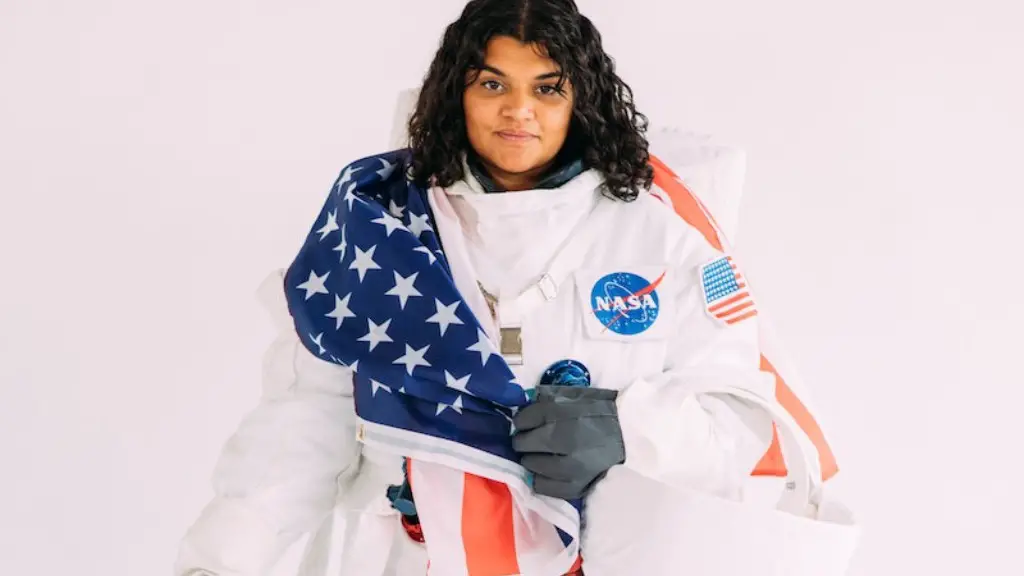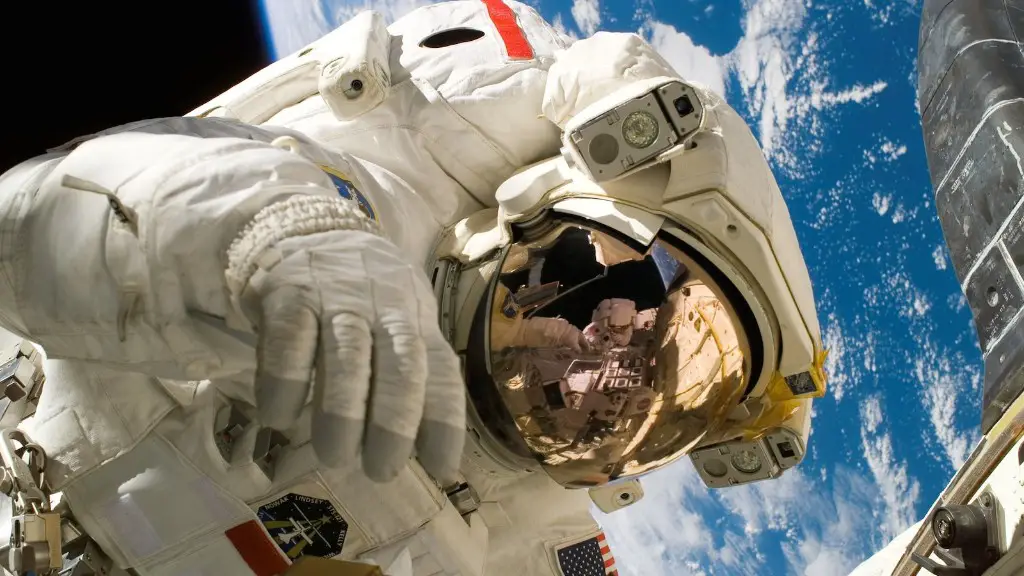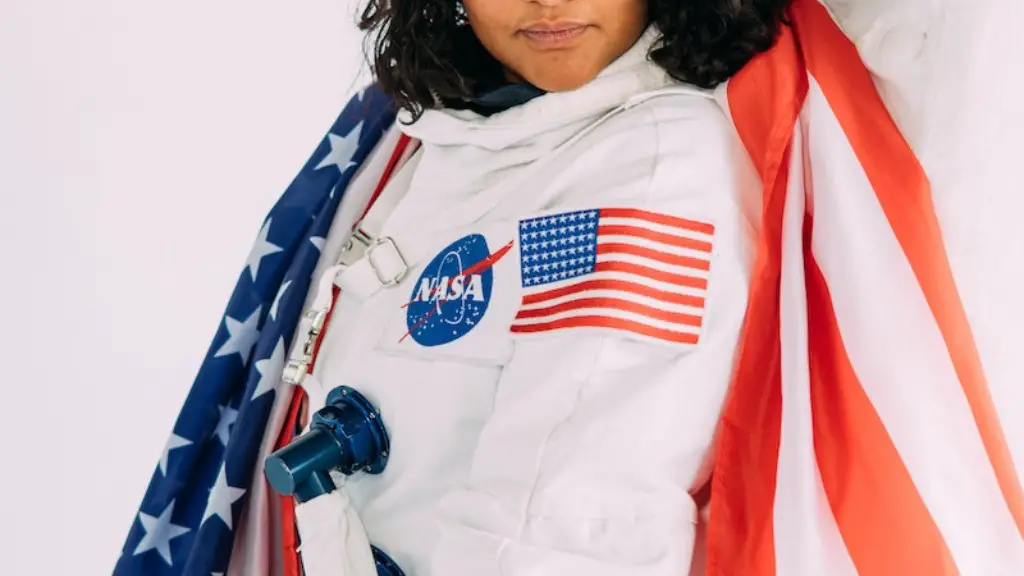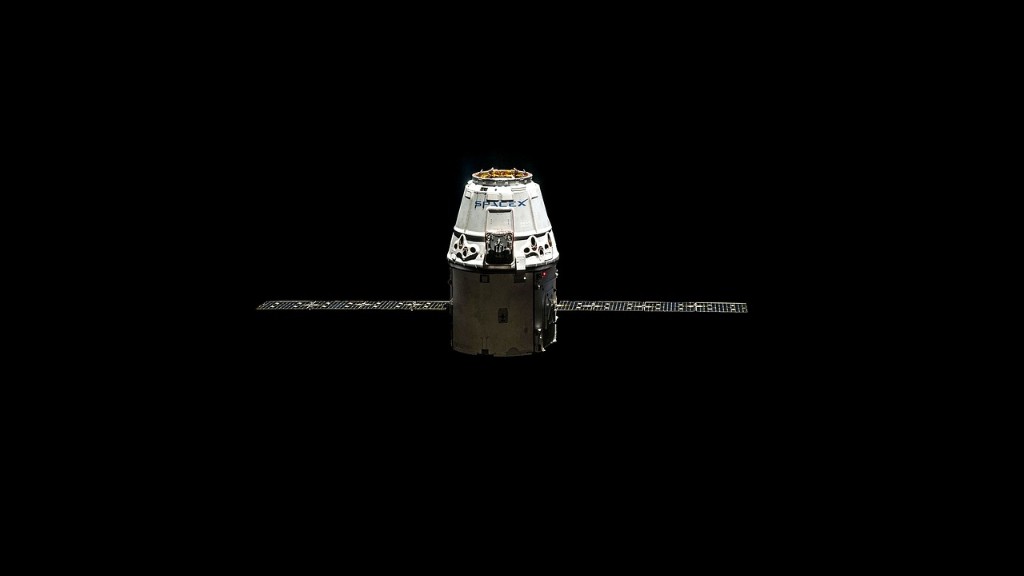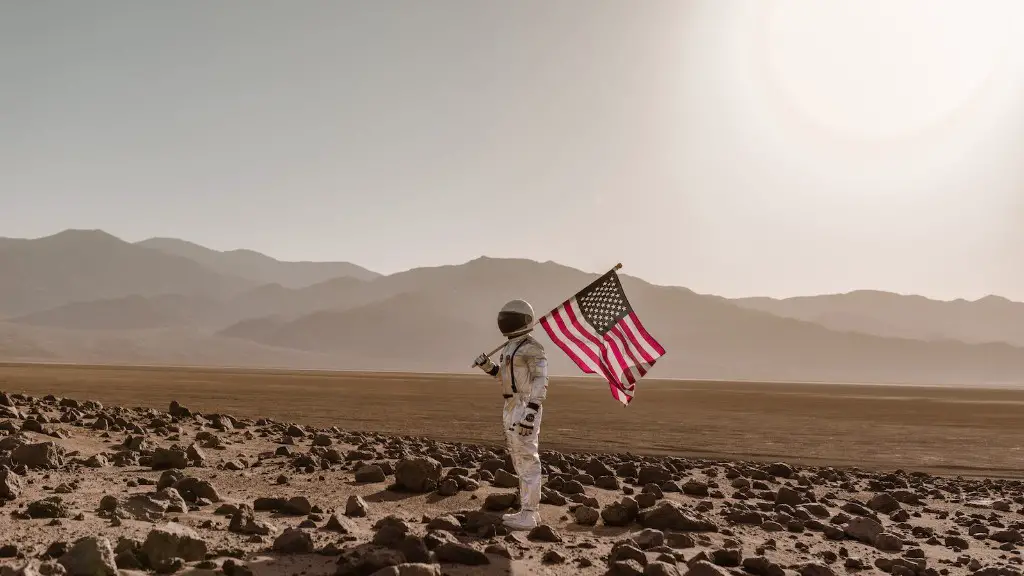The National Aeronautics and Space Administration (NASA) is accepting applications for its bed rest study. The study will help researchers learn how the human body adapts to microgravity, or zero gravity.
To be considered for the study, applicants must meet the following criteria:
– Be a U.S. citizen or national
– Be between the ages of 18 and 50
– Be in good health
– Be able to commit to lying in bed for 70 days
Successful applicants will be compensated for their time and travel expenses.
If you think you have what it takes to participate in this once-in-a-lifetime opportunity, visit the NASA website to learn more and submit an application.
The first step is to fill out an application which is available online. Once the application is complete, it will be reviewed by the selection committee. If you are selected to participate in the study, you will be contacted by a member of the research team.
How do I become a NASA subject test?
If you are interested in becoming a human test subject for researchers, there are a few things you need to know. In general, researchers are looking for healthy, non-smoking volunteers between the ages of 30 and 55. Subjects must pass a physical and psychological assessment to qualify.
Being a human test subject can be a great way to help further scientific research, and it can also be a great way to earn some extra money. If you think you might be interested, be sure to do your research and talk to a doctor to see if you are eligible.
The space sector is one of the most fascinating and rapidly-growing industries in the world. If you’re interested in pursuing a career in this field, here are some tips to help you get started:
1. Take as many science, technology, engineering and mathematics (STEM) classes as you can. These subjects will give you a strong foundation for a career in the space sector.
2. Find a field that you love. There are many different aspects to the space sector, so it’s important to find an area that you’re passionate about.
3. Be prepared to study. A career in the space sector requires a lot of learning and research. Be prepared to hit the books!
4. Become a space buff. Get informed about the latest news and developments in the space sector. This will help you keep up with the latest trends.
5. Get involved! Volunteer for local space-related projects or events. This is a great way to get your foot in the door.
6. Choose a work-study program. Many space-related businesses offer work-study programs for students. This is a great way to gain experience while you’re still in school.
7. Hone your English.
What is the NASA experiment in bed
Bed rest studies are a way for scientists to see how the body adapts to weightlessness. Volunteers spend up to 70 days in bed with a six-degree head-down tilt. They must eat, exercise, and even shower in the head-down position.
In order to be qualified for this program, you must be a US citizen or permanent resident and be within the ages of 30-55. You must also possess a master’s degree in a STEM field, including engineering, biological science, physical science, computer science or mathematics, from an accredited institution.
How much do test subjects get paid?
This is good news for those looking to enter the field of human test subjects! Salaries are on the rise, with the top earners making over $140,000 per year. The majority of salaries fall between $48,000 and $109,000, so there is a good chance of making a good living in this field.
There are many reasons why it can be difficult to get a job at NASA. Firstly, they receive a high volume of applications and so the competition is tough. Secondly, they are looking for candidates with very high academic qualifications and diverse experiences. This means that if you don’t have a strong academic record or relevant experience, your application is likely to be unsuccessful. Finally, NASA employs more than just astronauts. They also need staff in areas such as engineering, science, and administration. This means that there are even fewer opportunities for people without the relevant qualifications and experience.
How can I send my research to NASA?
If you want to submit a research proposal to NASA, you will need to be registered with NSPIRES. You can register at any time, but your organization will need to be registered with the System for Award Management (SAM) before you can register in NSPIRES.
All NASA job opportunities are posted on USAJOBS, the federal government’s official employment site. You can browse vacancies without creating a profile and apply later if you are interested.
Does NASA accept volunteers
The Student Volunteer Service Program offers unpaid training opportunities to students in high school and college. These students may volunteer their services to Langley Research Center through this program to gain work experience and knowledge, and engage in early career exploration.
It is indeed difficult to get a boner in microgravity, as the blood flow is not directed towards the lower parts of the body. However, it is not impossible, and there are ways to make it happen.
Do astronauts sleep on mattress?
Sleeping vertically is not as easy as it sounds. However, astronauts are used to sleeping on a mattress on Earth, their sleeping bag has a rigid cushion, to exert pressure on their back. Even though astronauts are allotted about 85 hours for sleep every day, many of them have reported needing only about 6 hours to feel fully rested.
The International Space Station (ISS) is a versatile research platform that has been used to study a variety of human health concerns related to long-term space exposure. Studies conducted on the ISS have yielded valuable data on the effects of spaceflight on the human body, including muscle atrophy, bone loss, and fluid shift. This data is essential for determining whether space colonization and lengthy human spaceflight are feasible.
What is the age limit for NASA
There are no age restrictions for the program, meaning that anyone of any age can apply to become an astronaut. This is great news for aspiring astronauts of all ages!
If you have experience, you may be qualified for many positions even without a college degree. Many jobs only require on the job training and not a formal education. Some employers may prefer candidates with a college degree, but many are willing to train candidates with the right experience. Other than for professional, scientific and engineering positions, a college education generally is not required.
What is a NASA astronaut salary?
As you can see, the salaries of Nasa Astronauts can vary quite a bit, depending on their experience and position. The median salary is a good starting point for understanding what an average Nasa Astronaut earns, but keep in mind that the top earners make significantly more than the median. If you’re interested in becoming an astronaut, be sure to research salaries so that you can have a realistic expectation of what you could earn.
Clinical trial sponsors and research organizations want to encourage as many people as possible to participate in their studies. Money is one form of motivation for people to participate, but sponsors also want to be sure that the payments are fair and in line with what other research studies are paying for similar services. Rates may also be different depending on the country in which the trial is taking place. Informed consent forms for clinical trials will often list the compensation that a potential participant can expect to receive for their time.
Conclusion
To apply for the NASA bed rest study, you must first meet the eligibility requirements. These requirements include being between the ages of 18 and 55, being in good health, and having a body mass index (BMI) of 30 or less. If you meet these requirements, you can apply online at the NASA website.
The above steps are just a guide on how to apply for the NASA bed rest study. There may be other specific requirements that nee

